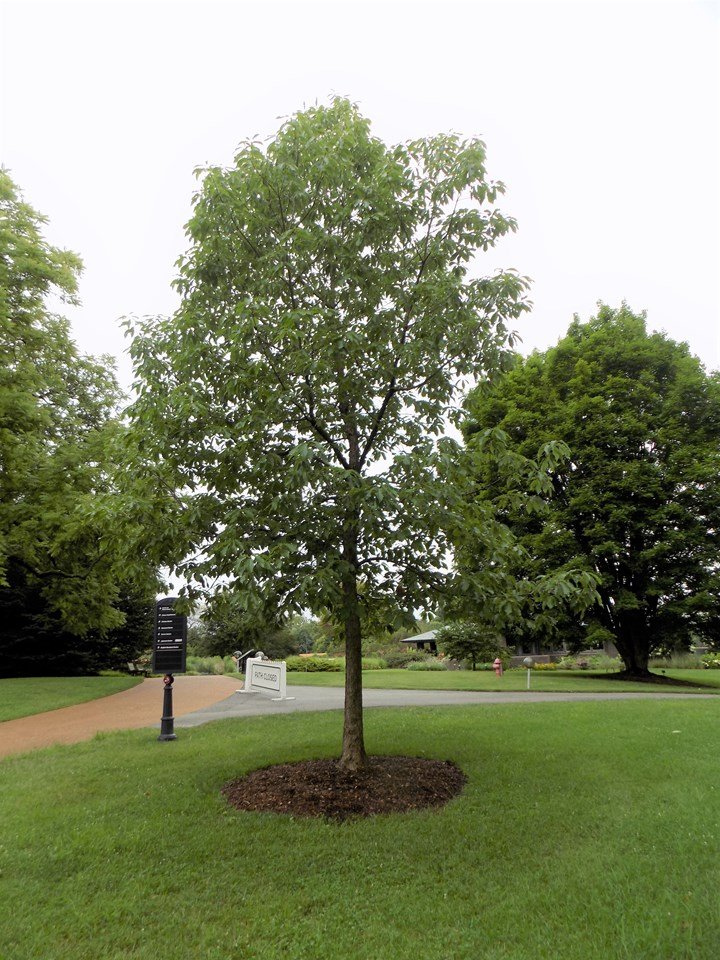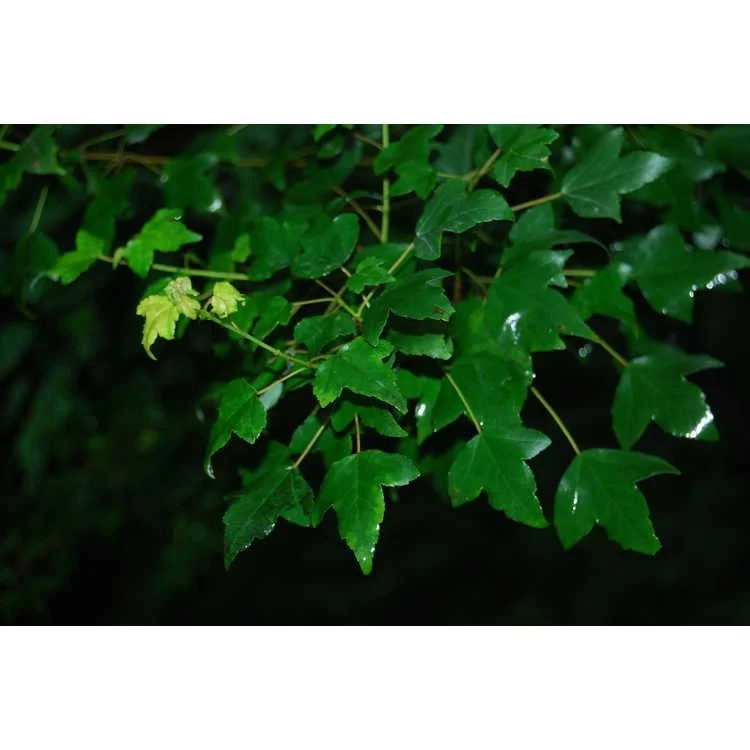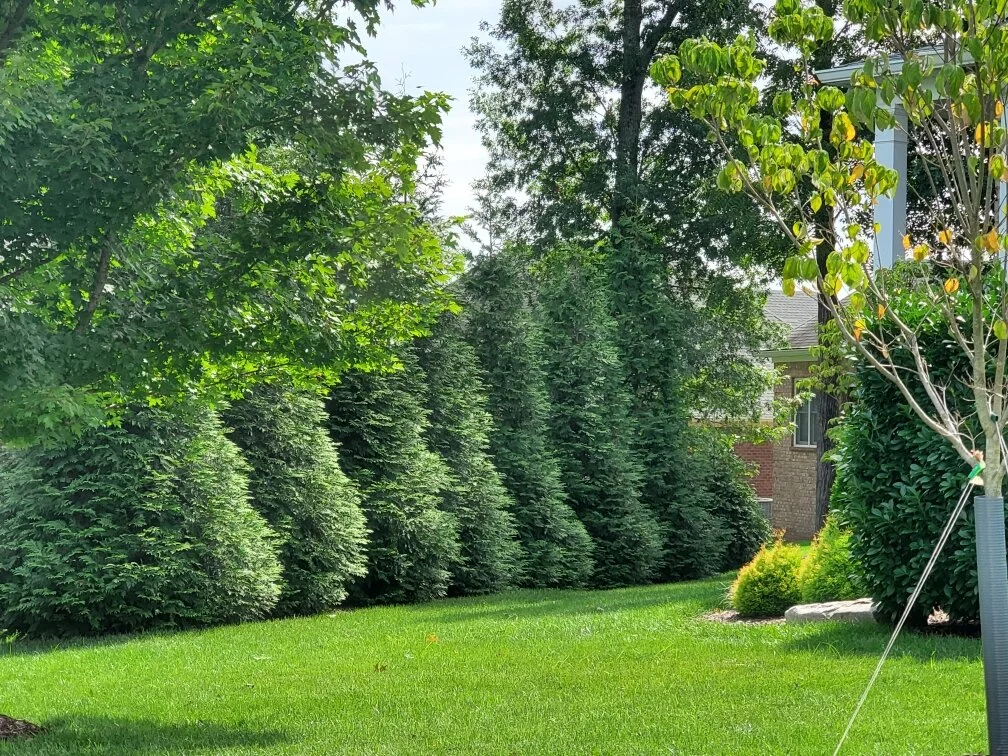Black Gum (Tupelo)








Black Gum (Tupelo)
MEDIUM CANOPY TREE; NATIVE; AMAZING FALL COLOR; FOOD FOR WILDLIFE
Species: Nyssa sylvatica
Plant Size, Type & Delivery Height: 1.5” diameter trunk; Greater than 6 Feet Tall
Mature Height: 30-50 average
Mature Spread: 20-30
Growth Rate: Moderate 12”- 24”/year
Sunlight: Full Sun to Part Shade
Drought & Heat Tolerant: Some Tolerance, but not really. Prefers more moist conditions.
Description: Also known as the Black Tupelo, this majestic native is celebrated for its versatility, exceptional beauty and ecological importance. The Black Gum blooms in late spring, with clusters of tiny, greenish white flowers that are valuable nectar sources for various pollinators like bees and butterflies. Following pollination, female trees bear small, dark blue, or black, olive-shaped fruits. These fruits are a nutrient dense food source for numerous bird species, including thrushes, cedar waxwings and northern mockingbirds, and other wildlife, making the Black Gum Tupelo a significant contributor to local ecosystems.
One of the distinguishing features of the Black Gum Tupelo is its glossy, lustrous foliage. The leaves are elliptical or ovoid in shape, measuring 2 to 5 inches (5 to 13 centimeters) in length. They exhibit a stunning kaleidoscope of colors throughout the year, turning vibrant shades of glossy green during spring and summer, transitioning to brilliant hues of red, orange, and purple in the fall. This autumn display makes it a favorite among many leaf-peepers.
The Black Gum Tupelo is an elegant and ecologically significant tree, admired for its glossy foliage, breathtaking fall colors, and contributions to the natural world. Whether adorning urban landscapes, forested woodlands, or wetland areas, this magnificent tree exemplifies the wonders of North America's native flora.
Growing Considerations: The Black Gum have a massive native range and can grow in many different environments and soil types, preferring moist, slightly acidic soil. In Nashville, proper mulching and watering are key for a healthy vibrant tree. The Black Gum Tupelo has a deep taproot system that helps stabilize the soil and prevents erosion, making it an invaluable tree for ecosystem conservation.
Mono-culture Risk: None
Invasive Risk: None










